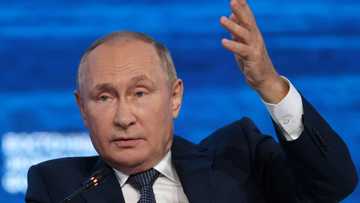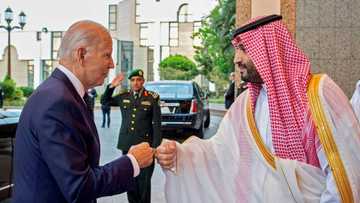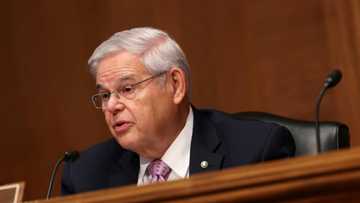Biden to prioritize China competition amid 'dangerous' Russia
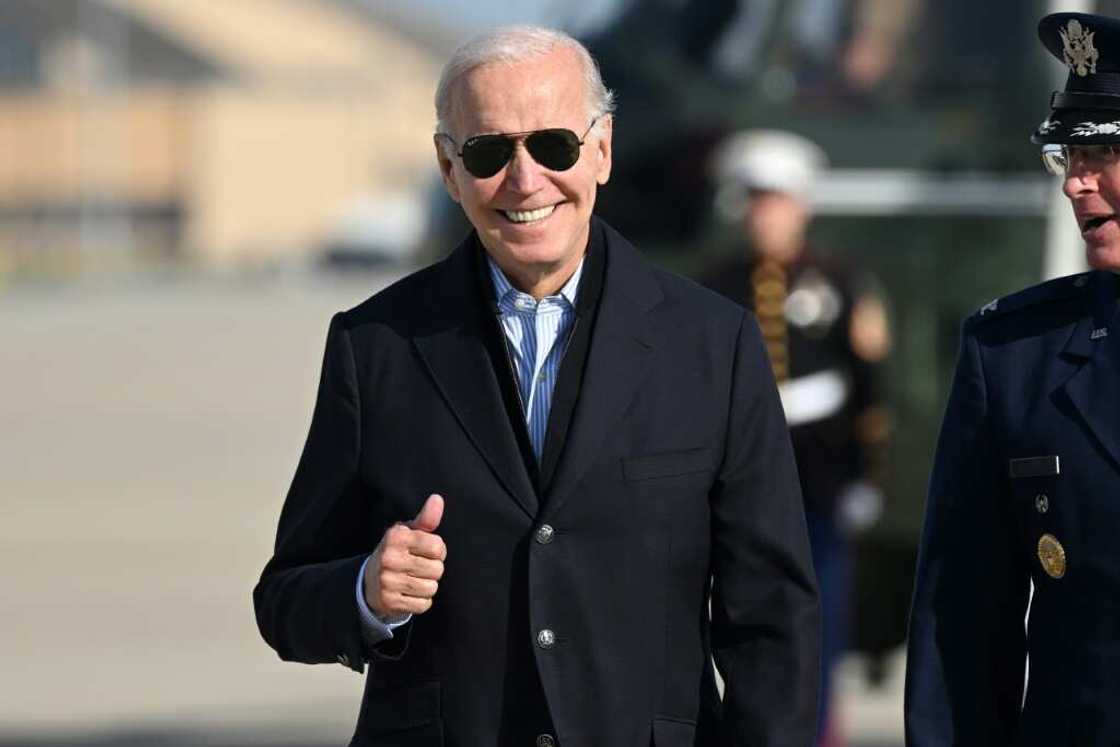
Source: AFP
PAY ATTENTION: Сheck out news that is picked exactly for YOU ➡️ find the “Recommended for you” block on the home page and enjoy!
President Joe Biden's administration said Wednesday it would prioritize winning a competition with China, seeing it as the only global rival to the United States, even as it also works to constrain a "dangerous" Russia.
Releasing a national security strategy delayed by the Ukraine war, the White House said the 2020s would be a "decisive decade for America and the world," both for reducing conflict and confronting the key shared threat of climate change.
"We will prioritize maintaining an enduring competitive edge over the PRC while constraining a still profoundly dangerous Russia," the strategy said, referring to the People's Republic of China.
"The most pressing strategic challenge facing our vision is from powers that layer authoritarian governance with a revisionist foreign policy," it said.
Vladimir Putin's Russia "poses an immediate threat to the free and open international system, recklessly flouting the basic laws of the international order today, as its brutal war of aggression against Ukraine has shown," the strategy added.
China, "by contrast, is the only competitor with both the intent to reshape the international order and, increasingly, the economic, diplomatic, military and technological power to advance that objective."
PAY ATTENTION: Сheck out news that is picked exactly for YOU ➡️ find the “Recommended for you” block on the home page and enjoy!
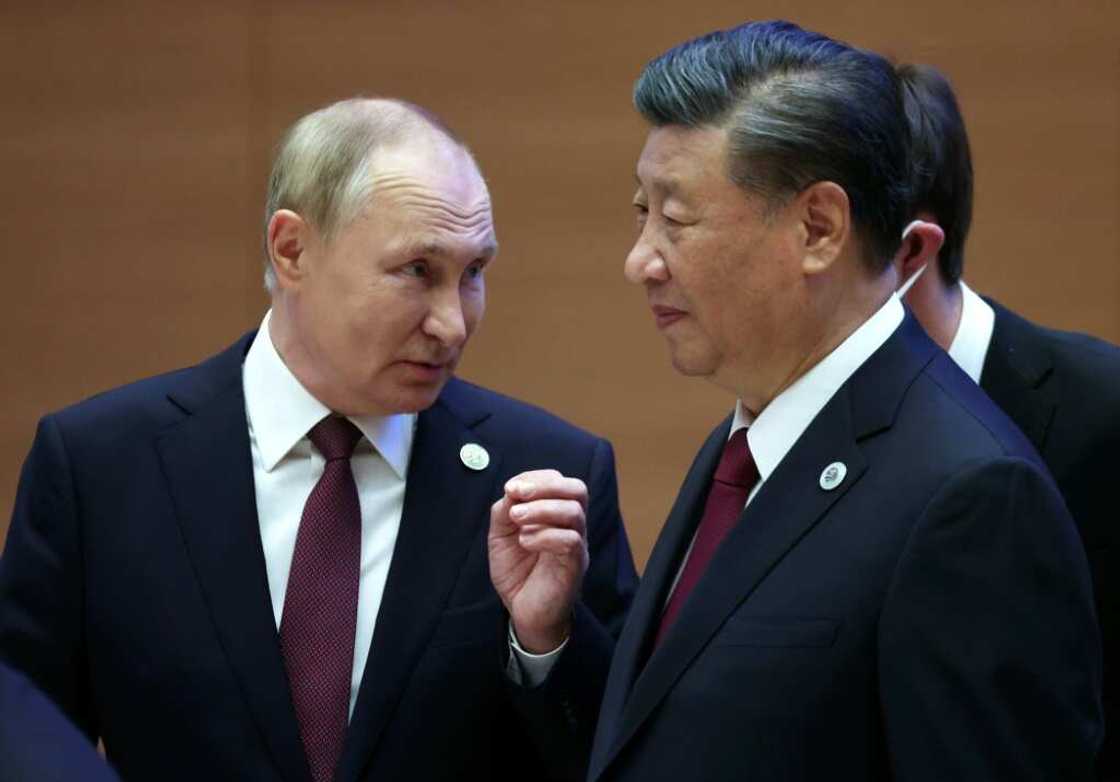
Source: AFP
The strategy is largely consistent with interim guidance the administration laid out shortly after taking office in January 2021, even as Biden for most of this year has focused on rallying allies against Russia's invasion of Ukraine and sending billions of dollars in weapons to Kyiv.
"I don't believe that the war in Ukraine has fundamentally altered Joe Biden's approach to foreign policy, which long predates his presidency," said his national security advisor, Jake Sullivan.
"But I do believe that it presents in living color the key elements of our approach -- the emphasis on allies, the importance of strengthening the hand of the democratic world and standing up for our fellow democracies and for democratic values," he told reporters.
China wants to be 'world's leading power'
The strategy said the United States was willing to work even with competitors on shared interests, amid the Biden team's talks with top carbon emitter China on climate change, described as "the existential challenge of our time."
But the White House emphasized risks from China, warning that its rapid advances in technology aimed to mold the world order in support of "its own authoritarian model."
Despite Beijing's repeated denials it is seeking hegemony, the strategy said China "has ambitions to create an enhanced sphere of influence in the Indo-Pacific and to become the world's leading power," using the favored US term for the broader Asia region.
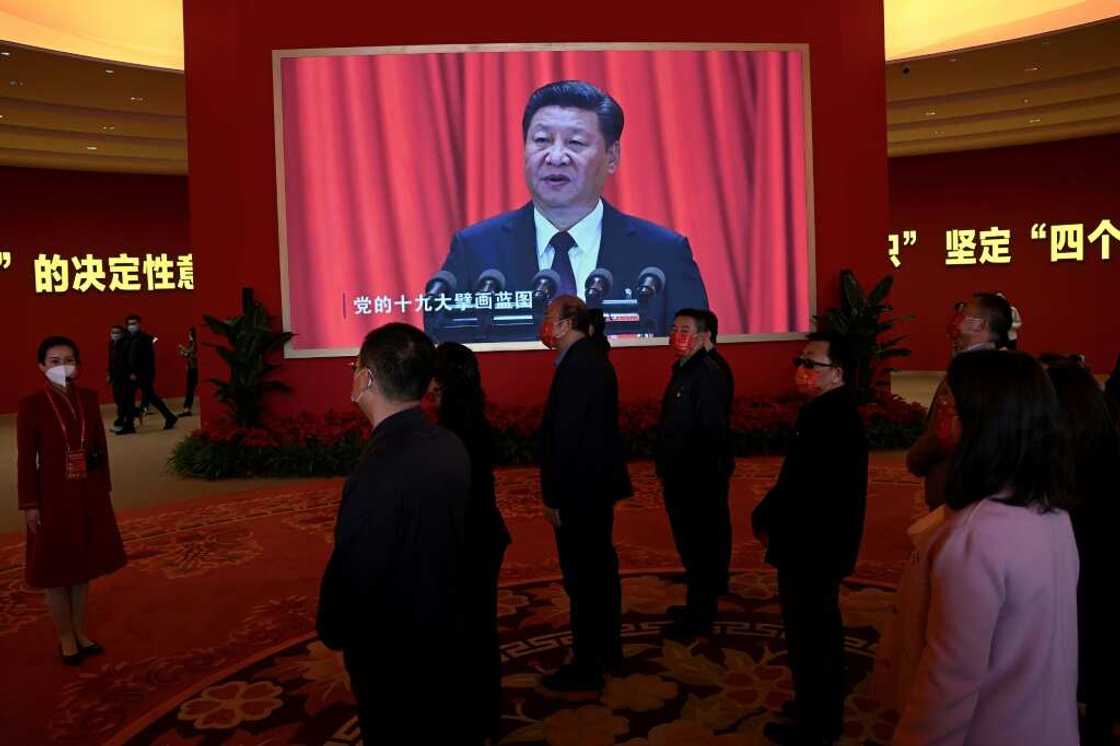
Source: AFP
The White House also tied a rising China to Biden's vows to prioritize the US middle class, saying Beijing was seeking to make the world dependent on its economy while limiting access to its own billion-plus market.
The strategy called for major investment at home, two months after Biden signed a $52 billion package to improve US capacity for semiconductors, but also said the United States sought to "coexist peacefully" with China and manage the competition "responsibly."
"We are not seeking to have competition tip over into confrontation or a new Cold War and we are not engaging each country as simply a proxy battleground," Sullivan said.
The strategy release comes as Biden vows a reassessment of relations with one longtime US ally, Saudi Arabia, which moved to slash oil output -- benefitting energy exporter Russia and potentially raising gas prices for American consumers weeks before congressional elections.
Amid reconciliation between Israel and Gulf Arab states, the strategy called for a "more integrated Middle East" that would reduce the long-term "resource demands" of the United States, which for decades has provided security for oil-producing nations.
Biden, who controversially traveled to Saudi Arabia in June, will be asking whether the nature of the relationship with the kingdom is "serving the interests and values of the United States" and whether changes should be made, Sullivan said.
Source: AFP


